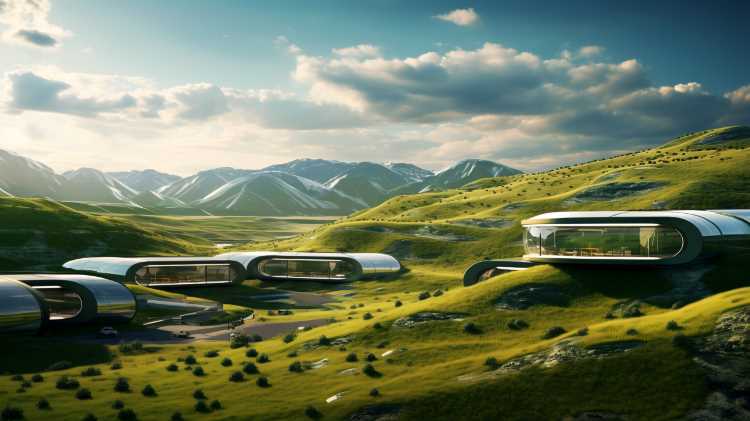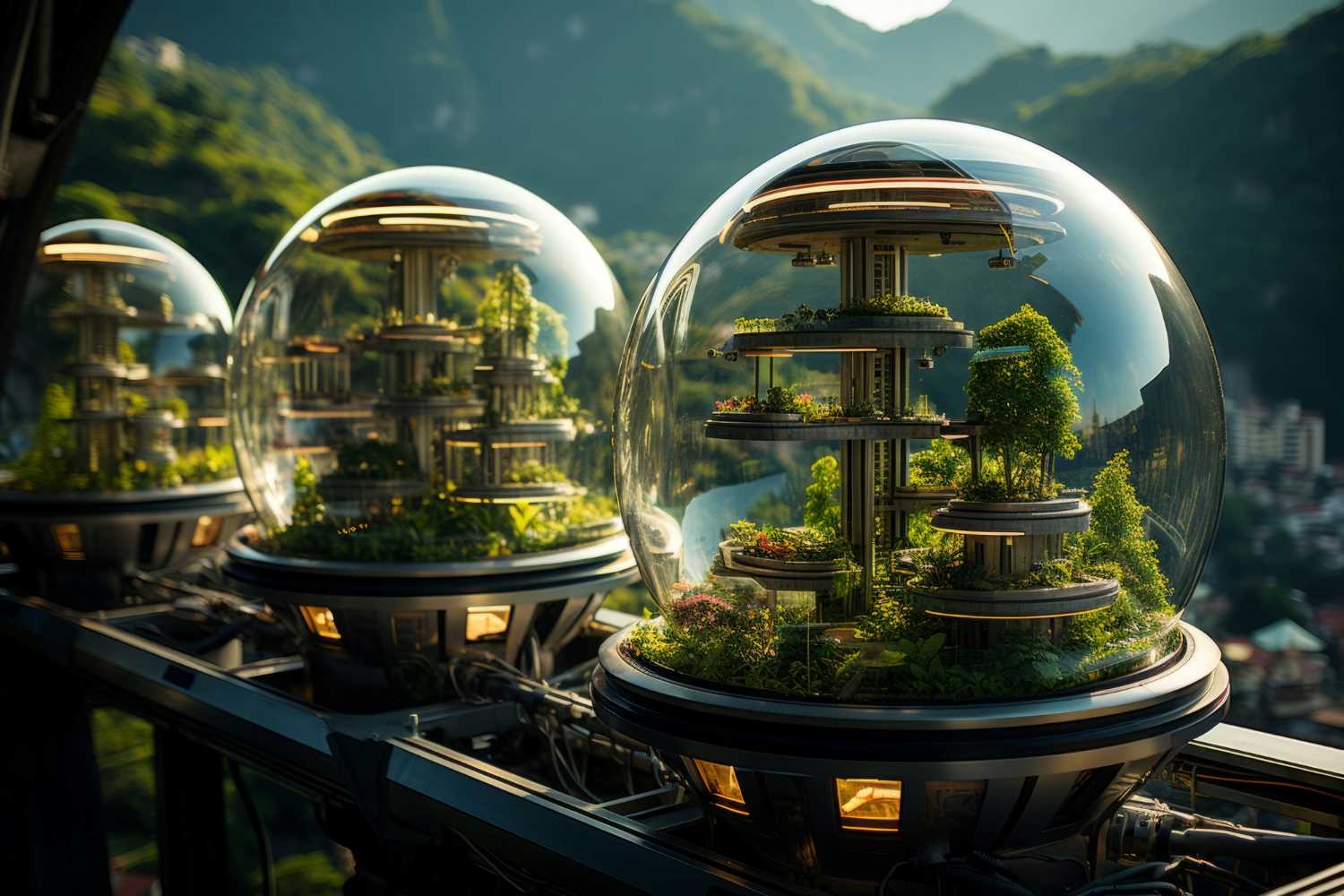Table of Contents
Introduction: Why Go to Other Planets?
Have you ever wondered if people could live on other planets? It might sound like something from a movie, but scientists are really thinking about it! In this article, we’ll talk about why people want to live on other planets, what it would be like, and what challenges they might face.
Why Explore Other Planets?
1. To Make Sure We’re Safe
One reason is to make sure people don’t disappear. Earth is great, but it’s not totally safe. Things like big rocks from space or bad weather could hurt us. If we have people living on other planets, we’ll be safer because not all of us will be in one place.
2. To Learn New Things
Another reason is that exploring other planets is just really interesting! Each planet is different, and we can learn a lot by studying them up close. Maybe we’ll find cool stuff like aliens or new kinds of rocks we’ve never seen before!
Challenges of Living on Other Planets
1. Planets Are Tough Places
Most other planets aren’t very nice places to live. They’re too hot, too cold, or they don’t have air to breathe. So, we have to figure out how to make them more like Earth, which is hard.

2. Making Everything We Need
Living on other planets means bringing everything we need with us, like air, water, and food. But we can’t just keep bringing stuff from Earth forever. We have to learn how to make things like air and water on other planets, which is really tricky.
Thinking About the Future
1. Going to Mars

Right now, Mars is the most likely place for people to go next. It’s kind of like Earth, so it might be easier to live there. Some smart people are already planning trips to Mars, and they’re working on ways to make living there possible.
2. Going Beyond Mars
But Mars is just the beginning! Maybe one day we’ll live on lots of other planets and moons too. There are so many cool places out there to explore, and who knows what we might find!
What are the challenges of living on Mars?
Living on Mars is really tough because the planet’s environment is very different from Earth’s. Here are some big problems:
- Tough Terrain: Mars is rocky and dry, with a thin atmosphere. The air is too thin for us to breathe, and it’s very cold.
- Ethical Dilemmas: We have to be careful not to bring Earth germs to Mars and harm any life that might already be there. We also have to think about what to do if we find living things on Mars.
- Technological Challenges: We need to develop new technology to build safe homes, use resources wisely, and stay healthy in space.
- Money Matters: Going to Mars could make money by mining minerals and creating new industries.
- Terraforming: Some people talk about changing Mars to be more like Earth, but it’s a big debate because it might not be possible or ethical.
These are just some of the big hurdles we have to overcome to live on Mars.
How do astronauts cope with isolation during long space missions?
Astronauts, those brave space travelers, deal with special mental challenges when they’re on long missions in space. Here’s how they handle it:

- Community: Astronauts feel good knowing they’re helping everyone back on Earth. We can help too, by staying home during things like the pandemic or supporting good causes.
- Openness: Astronauts are ready for anything and stay cool during emergencies. We can do the same by being flexible and trying new things during tough times.
- Networking: Astronauts keep in touch with family and friends using video calls and care packages. We can do that too, using technology to talk to loved ones far away.
- Nurturing: Astronauts take care of themselves, stay positive, and use humor. We can do the same by taking care of ourselves and having fun with friends.
- Education: Astronauts keep learning new things. We can too, by reading, trying new hobbies, and learning new skills.
- Teamwork: Astronauts rely on each other and support their team. We can also build strong relationships and help each other out.
- Tolerance: Astronauts are patient and understand each other. We can be patient and understanding too, especially during stressful times.
Other ways astronauts stay mentally healthy include:
- Structure and Routine: Astronauts stick to a schedule to stay busy and focused. We can do the same by creating routines at home.
- Mindfulness and Meditation: Astronauts use techniques like meditation to stay calm. We can try these methods too to relax our minds.
- Keeping in Touch: Astronauts talk to family and friends regularly. We can stay connected using technology.
- Staying Busy: Astronauts keep busy with tasks and hobbies to stay productive. We can find things to do that keep us occupied and happy.
Conclusion
The idea of living on other planets may sound like something from a story, but it’s something that scientists and engineers are really thinking about. By solving the problems of living in space, we’re opening up a whole new world of possibilities for the future. So let’s keep dreaming big and reaching for the stars!
FAQs about colonizing other planets:
- What does “colonizing other planets” mean?
Colonizing other planets means humans living on planets besides Earth. It’s like making new homes in space! - Why do people want to live on other planets?
People want to live on other planets to be safe and learn new things. If we live on other planets, we can make sure we’re not all in one place if something bad happens. Plus, we can learn a lot by exploring new places! - Which planets can we live on?
Right now, Mars is the main planet people are thinking about living on. It’s kind of like Earth, so it might be easier for us to live there. - What are the challenges of living on other planets?
Living on other planets is hard because they’re not like Earth. They might be too hot, too cold, or they might not have air to breathe. We also need to figure out how to bring things like air, water, and food with us. - When can we start living on other planets?
We’re still figuring things out, but some smart people are working on plans to go to Mars in the next few decades. It might take a while, but one day we could live on lots of other planets and moons too!



